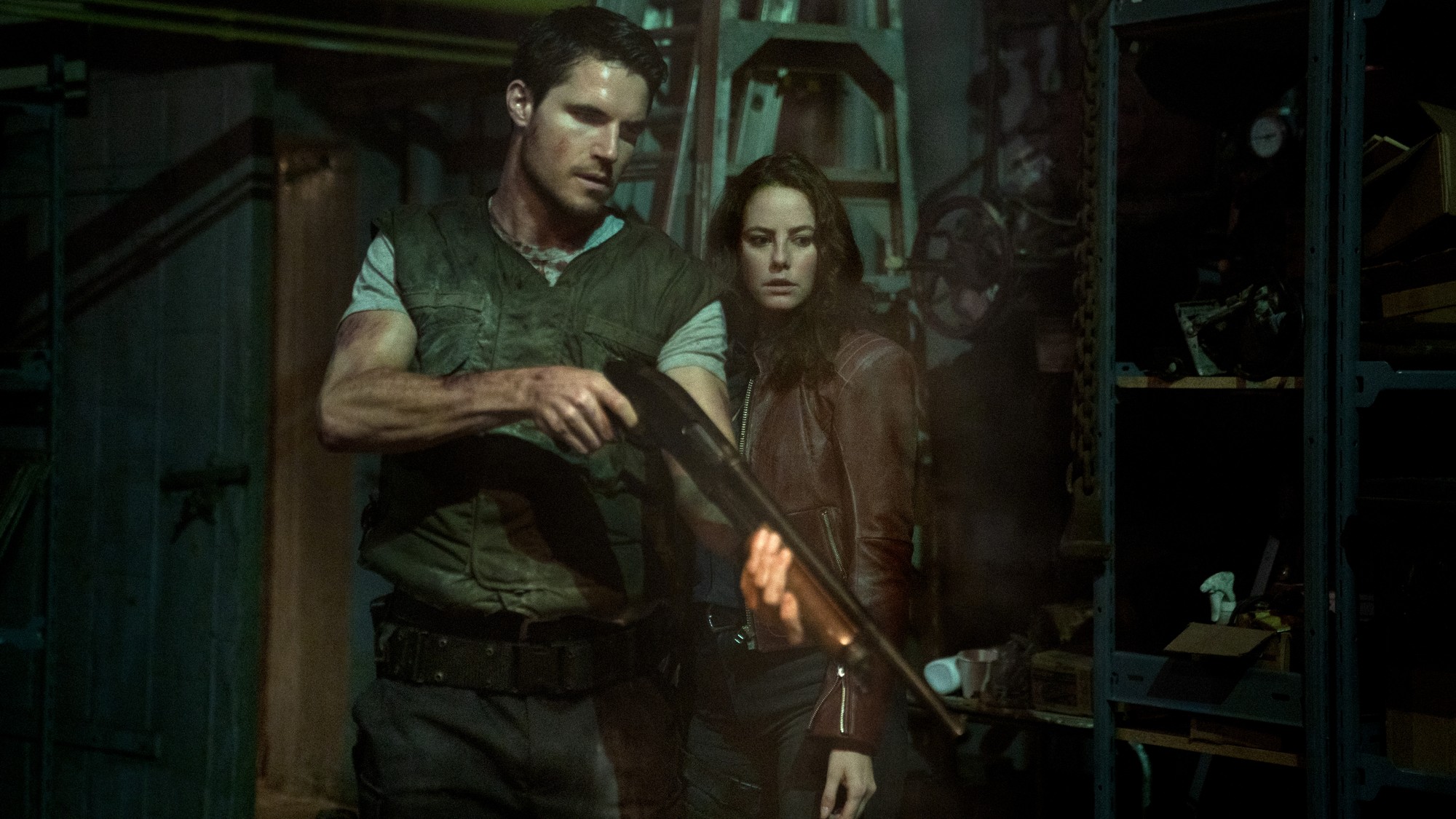Video games have advanced graphically to the point where the line between real and fake is sometimes getting blurred. Yet for a medium that has pushed itself to become more cinematic, it continues to fail when it comes to being a movie.
Video game movies have plagued Hollywood for close to three decades now. Super Mario Brothers, released in 1993, was one of the first major adaptations and is really only remembered for being a horribly translated product with hilarious creature designs. Since then, popular IPs like Mortal Kombat, Tomb Raider, Resident Evil, and even Pokémon have all gotten cracks at the theatre marquee.
But when it comes time to craft the stories, Hollywood – for whatever reason – opts to alter the stories that are already laid out for them.
Artistic freedom is understandable. As a filmmaker, you want to make something your own, but I also believe “if it ain’t broke, don’t fix it.”
The recent Resident Evil film is a painfully glaring example of this. The survival horror franchise had three instalments between 1996 and 1999: Resident Evil, Resident Evil 2 and Resident Evil 3: Nemesis. Each game follows different events surrounding a zombie outbreak in the fictional Raccoon City. The new film, directed by Johannes Roberts, mashes the first two games into one while simultaneously setting up a sequel but erases the third video game’s premise as being an option for the film sequel.
Combining these elements wouldn’t be too bad had it been done a lot better than it was while keeping the characters faithful to their playable counterparts. Instead, we’re left with a hollow, poorly-made movie that barely captures the spirit of Resident Evil.
It’s worth noting that studios and writers are not expected to adapt every little detail. We don’t need characters walking through every hallway or repeating every action. A Resident Evil movie where Chris Redfield spends six hours wandering a dark mansion is not appealing in the least. Rather, a tightly edited 100-minute movie that highlights important story beats, iconic set pieces and character moments all while focusing on one game rather than two is greatly preferred.
While the argument can be made that if we want one-on-one adaptations we can just revisit the games, telling the story as a movie is a different experience entirely. It’s the ability to remove yourself from the driver’s seat, so to speak, and be a passive participant. Video games are fun but sometimes it’s just as fun to watch those stories play out without being the one to make the decisions.
YouTube content creators like Markiplier and Jacksepticeye have become famous for the genre of videos now known as “Let’s Play,” where viewers watch them play a game through to completion. The episodes are livened up by the creator’s commentary and style, but overall, it allows people to enjoy the game without having to play.
The very same concept can be applied to Hollywood and their adaptations, but that sadly eludes them.
Upcoming productions like the Halo series, HBO’s adaptation of The Last of Us and Illumination’s Super Mario movie may begin to turn the tides on the genre. Hollywood follows the money and as with any trend, the current superhero trend won’t last forever, and when that happens, studios will want something new.
Until they grasp the simple concept of not messing with stories and characters, it’s best to keep your Nintendo or PlayStation handy to enjoy your favourite games’ stories.

